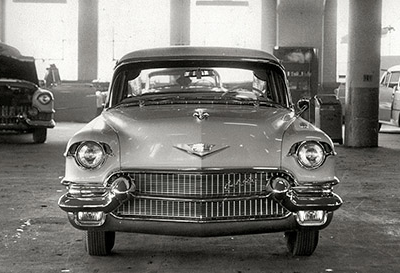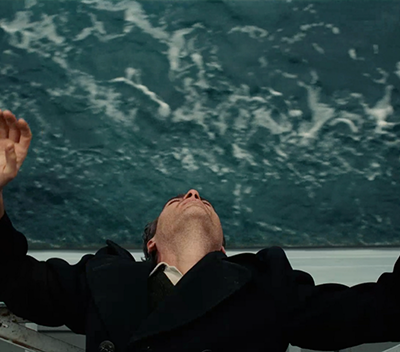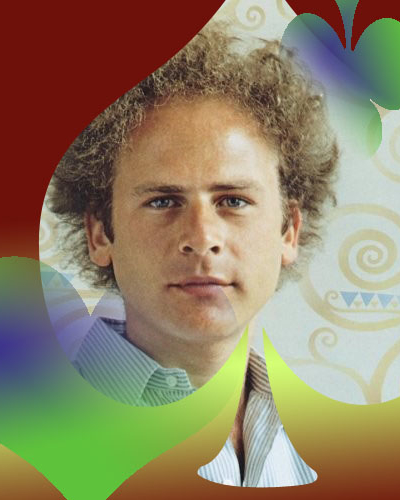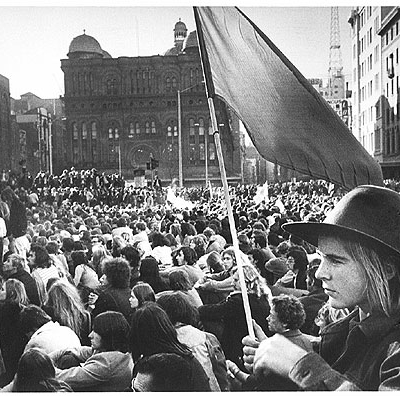Writing Decline: Detroit City in Print
Four books attempt to describe the Detroit of past and present: two good, one bad, one of such inconsequence its inclusion here is only justified as an act of collation.
Anderson’s movies promote a particular fallacy: they encourage us to accept the symbol for the reality.
Khaled al-Khamissi on TAXI, the maqama, and Prime Minister Johnny Walker
TAXI isn’t a collection of short stories, or a novel, or a piece of journalism, it is a maqama, an old style of Arabic literature. Each chapter is one facet of the greater picture: the street in Cairo in that particular moment.
We Built This City: DETROPIA and CRUEL OPTIMISM
Detropia registers a mood of attenuated uncertainty, the precarious present understood not as a single melodramatic catastrophe but as “a thick moment of ongoingness.”
Nothing shakes the branch of mortality like an abandoned amusement park.
Searching for Zion, Searching for Home
In both the house of fiction and in all houses and homes, one still hears the deep stirring of the unhomely, of the destabilizing voices that rupture an unjust country.
Until the news of his death arrives, Art Garfunkel lives in the specific limbo of the used-to-be-famous. He does not currently record, perform, act, or write. But he is very much alive on the internet.
In the Universe of Wonders and Astonishments
If we consider 1968 as the apex of the Baby Boomer’s revolutionary spirit, 40 years later many people are still engaged in the shoving contest known as the culture wars over who was right, and more importantly, how we should live our lives.
This is a story about everyone on earth whose name is not George Saunders. Since you are likely one of these humans, I hope you enjoy the attention.
Unheard Melodies in a Cacophony of Gabble: The Case for Goodreads
I hope we can be confident enough to always maintain an eternal amateurism—maybe one day we’ll even achieve an expert amateurism—thanks to humility in the face of the hundred thousand books we’ll never read.










